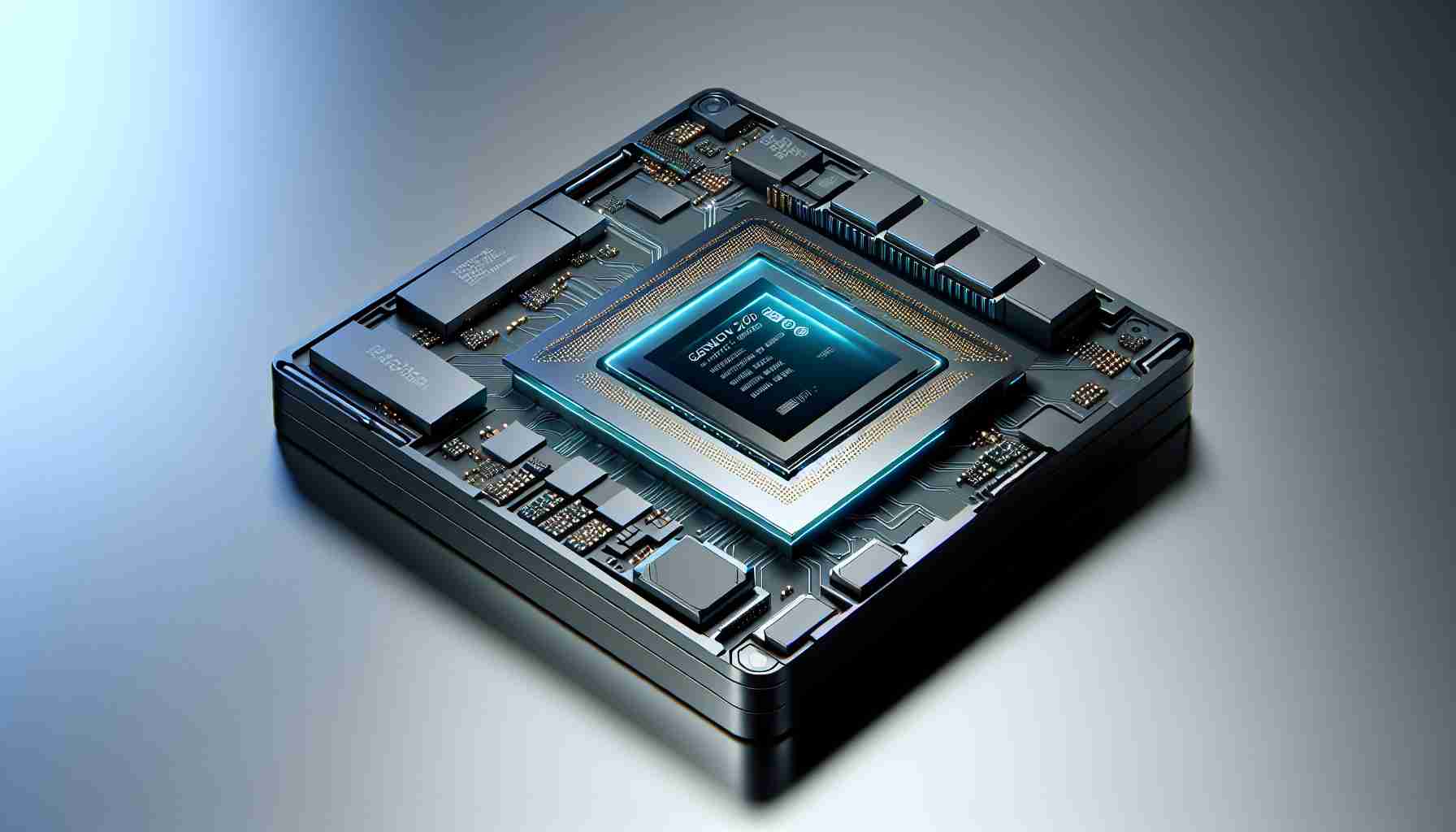Samsung Electronics is gearing up to revolutionize the smartphone industry with its next-gen Exynos 2500 mobile processor. The tech giant is set to incorporate this advanced AI chipset into its much-anticipated Galaxy S25 series, slated for release the following year.
Leading the charge in innovation, Samsung had introduced the Exynos 2200 in its Galaxy S22 lineup in 2022. Despite facing initial hurdles with overheating and performance, the company’s perseverance paid off. The recent Galaxy S24 series saw a comeback with the integration of the Exynos 2400 in its base and plus models while maintaining a partnership with Qualcomm for its Ultra variant.
The Galaxy S24’s success, driven by enhanced AI features, has significantly improved the reputation of Exynos chipsets. While Qualcomm’s Snapdragon 8 series remains a performance powerhouse, the Exynos brand has closed the gap, particularly impressing with its balance of performance and cost-efficiency.
Strengthening its technological prowess, Samsung has joined forces with Synopsys, a leader in Electronic Design Automation, to pioneer SoCs using an innovative 3-nm process. This groundbreaking move places Samsung at the forefront of the industry, becoming the first to implement the advanced 3-nm Gate-All-Around (GAA) process in mobile chips. The Exynos 2500 will benefit from this high-tech process as part of Samsung’s plans for high-volume production.
Expert voices in the tech field, including the notable IT insider Panda Flash, anticipate that the Exynos 2500 chip could outperform Qualcomm’s next-gen Snapdragon in power efficiency. This edge is rooted in Samsung’s GAA technology, which curbs energy waste and boosts power, as opposed to TSMC’s approach with FinFET transistors used by Qualcomm.
As Samsung progressively extends its Exynos applications, a resurgence in the mobile AP sector seems imminent. Last year’s figures by Counterpoint Research showed MediaTek leading the global market share, with Qualcomm and Apple following. Samsung is determined to rise from its fifth-place standing, riding on the potential success of its Exynos 2500.
Important Questions and Answers:
– Q: What is the significance of the Samsung Exynos 2500 chipset?
A: The Exynos 2500 represents Samsung’s latest advancement in mobile processor technology, focusing on enhanced AI capabilities and power efficiency. Leveraging the new 3-nm Gate-All-Around (GAA) process, it promises to deliver better performance while reducing power consumption, which could make it a competitive choice against other chipsets in the market.
– Q: How does Samsung’s GAA technology differ from TSMC’s FinFET?
A: GAA technology is known for being more power-efficient and having a smaller footprint than the traditional FinFET transistors used by TSMC. This enables Samsung to potentially achieve better energy efficiency and performance in its chipsets, offering a significant advantage over its competitors.
– Q: What challenges does Samsung face in the mobile Application Processor (AP) sector?
A: Samsung has to contend with intense competition from other chipset manufacturers like MediaTek, Qualcomm, and Apple, which currently lead the market in terms of share. To tackle this, Samsung needs to ensure its Exynos 2500 delivers exceptional performance and efficiency to attract OEMs and consumers alike.
Key Challenges or Controversies:
– Improving the Exynos brand reputation has been a challenge for Samsung following past issues with performance and overheating.
– Convincing manufacturers and consumers to choose Exynos over established competitors like Qualcomm and MediaTek could be difficult.
– Delivering on the promise of the 3-nm process’s benefits in mass production without facing yield or quality control problems.
Advantages of the Exynos 2500:
– State-of-the-art 3-nm GAA process potentially offers better power efficiency and performance.
– Enhanced AI capabilities could drive improved user experiences in the Galaxy S25 and other devices.
– Potential cost-efficiency could offer a more competitive price-to-performance ratio.
Disadvantages of the Exynos 2500:
– Historical performance and heating issues with past Exynos chips could negatively affect consumer perception.
– The market dominance of established competitors could limit adoption rates.
– The technological advancements promised may be difficult to achieve at scale or within expected cost parameters.
For further information on Samsung and its technologies, one could visit their official website at this link. Please note that links can change or become outdated; thus, it’s important to ensure that the URL provided remains current and valid.
The source of the article is from the blog karacasanime.com.ve
